Введение в Лазерная плавка порошка
Imagine crafting intricate metal objects from a bed of fine powder, layer by layer, using the focused energy of a laser. This isn’t science fiction; it’s лазерное сплавление порошкового слоя (LPBF), a groundbreaking additive manufacturing process that’s revolutionizing industries.
LPBF, also known as powder bed fusion, is a family of techniques that employ a laser beam to melt and fuse metal powder into a desired three-dimensional shape. It’s like baking a metal cake, one thin layer at a time, with the laser as your precise oven.
How Does Laser Powder Bed Fusion Work?
At its core, LPBF is a relatively simple concept. A thin layer of metal powder is spread evenly across a build platform. A high-powered laser beam scans over the powder, melting the particles in the desired pattern. As the laser moves, the melted metal cools and solidifies, bonding with the previously fused layers. This process is repeated until the entire part is built.
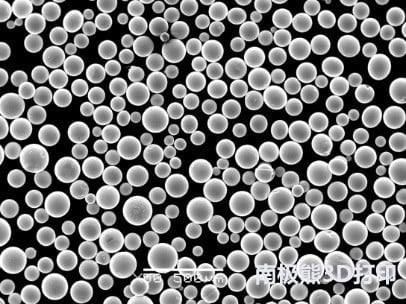
Types of Laser Powder Bed Fusion
While the fundamental principle remains the same, there are several variations of LPBF, each with its own nuances:
- Direct Metal Laser Sintering (DMLS): A widely used method where the laser partially melts the metal powder, creating strong bonds between particles.
- Селективное лазерное плавление (SLM): This technique fully melts the metal powder, resulting in denser and more refined parts.
- Электронно-лучевое плавление (EBM): Instead of a laser, an electron beam is used to melt the powder. EBM is often used for materials that are challenging to process with lasers.
Metal Powders Used in Лазерная плавка порошка
The choice of metal powder is crucial for the success of an LPBF project. Different powders offer varying properties, influencing the final product’s characteristics. Here’s a look at some common metal powders used in LPBF:
| Металлический порошок | Описание |
|---|---|
| Порошок из нержавеющей стали | Offers excellent corrosion resistance, strength, and durability. Widely used in various industries. |
| Титановый порошок | Known for its high strength-to-weight ratio, biocompatibility, and excellent corrosion resistance. Ideal for aerospace and medical applications. |
| Алюминиевая пудра | Lightweight with good thermal conductivity and corrosion resistance. Commonly used in automotive and aerospace industries. |
| Кобальт-хромовый порошок | Offers high strength, hardness, and wear resistance. Widely used in dental and medical implants. |
| Порошок никелевого сплава | Known for its high-temperature resistance, corrosion resistance, and strength. Used in aerospace and energy applications. |
| Медный порошок | Excellent thermal and electrical conductivity. Used in electronics and heat exchange applications. |
| Порошок инконеля | Offers exceptional corrosion resistance, high-temperature strength, and oxidation resistance. Used in harsh environments. |
| Порошок из мартеновской стали | Known for its high strength and toughness. Used in aerospace and defense applications. |
| Порошок для инструментальной стали | Offers excellent hardness, wear resistance, and toughness. Used in tooling and manufacturing applications. |
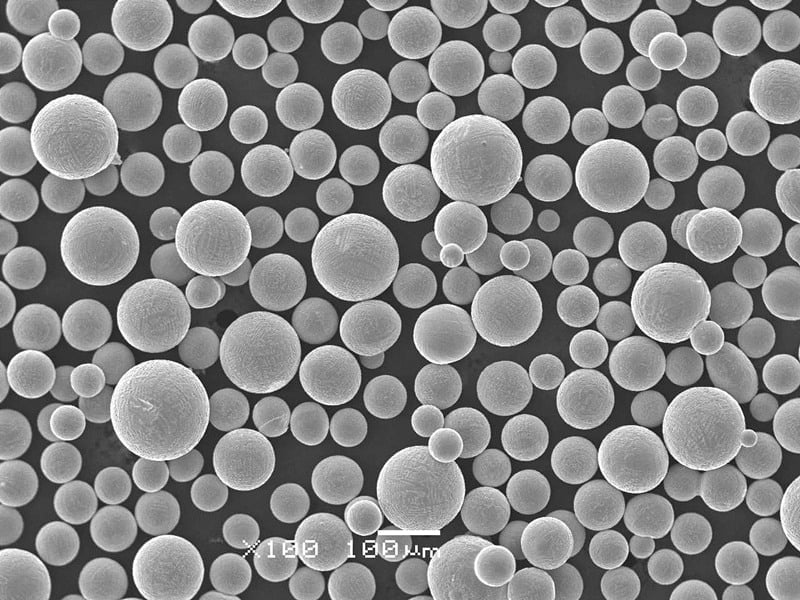
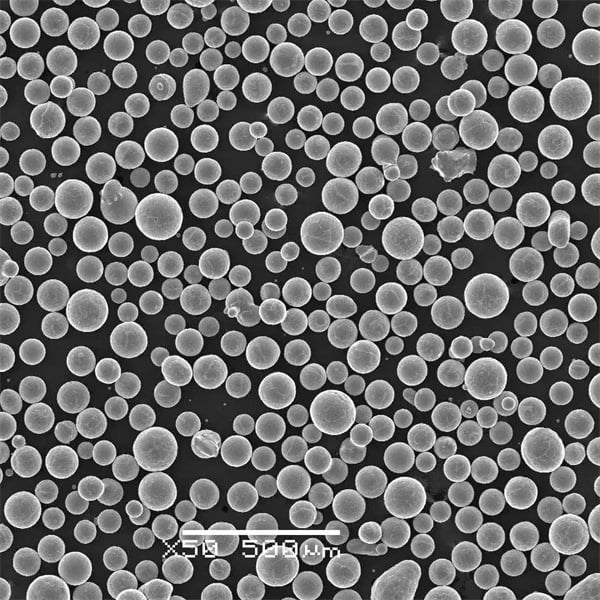
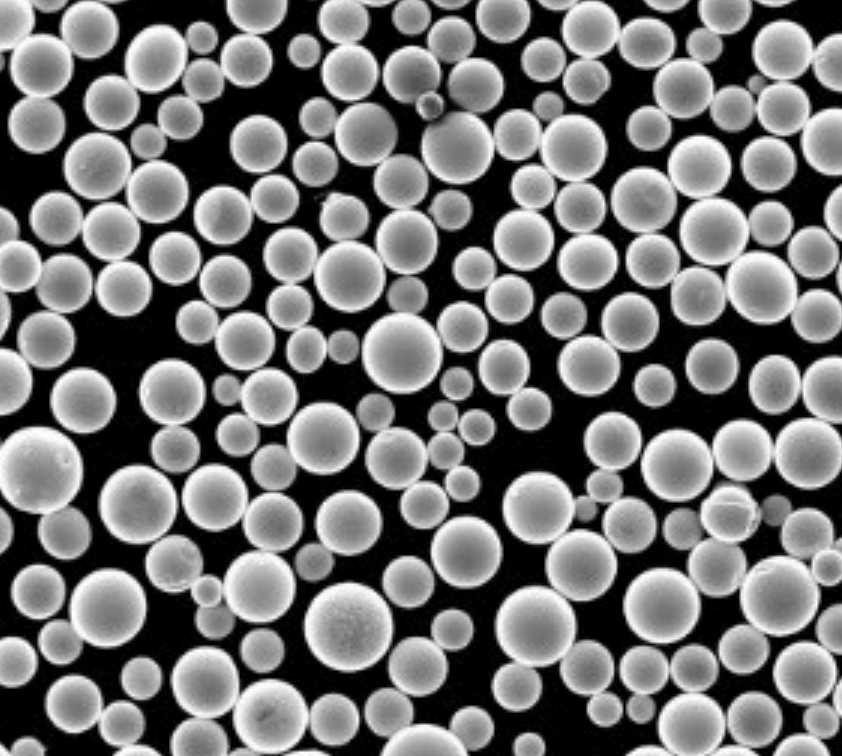

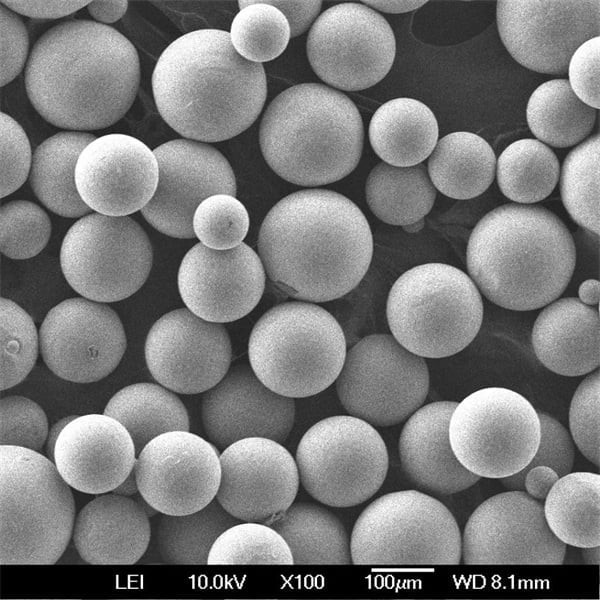
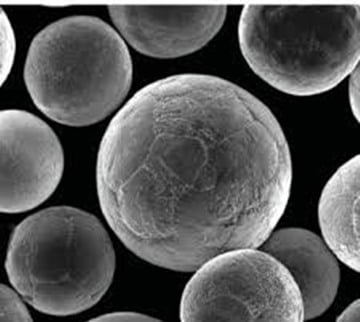
Применение Лазерная плавка порошка
The versatility of LPBF has opened up a world of possibilities across various industries. Here are some key application areas:
| Промышленность | ПРИМЕНЕНИЯ |
|---|---|
| Аэрокосмическая отрасль | Aircraft components, engine parts, satellite components |
| Автомобильный | Prototyping, tooling, production parts, lightweight components |
| Медицинский | Имплантаты, зубные протезы, хирургические инструменты |
| Энергия | Turbine blades, heat exchangers, fuel nozzles |
| Нефть и газ | Downhole tools, pump components, valve bodies |
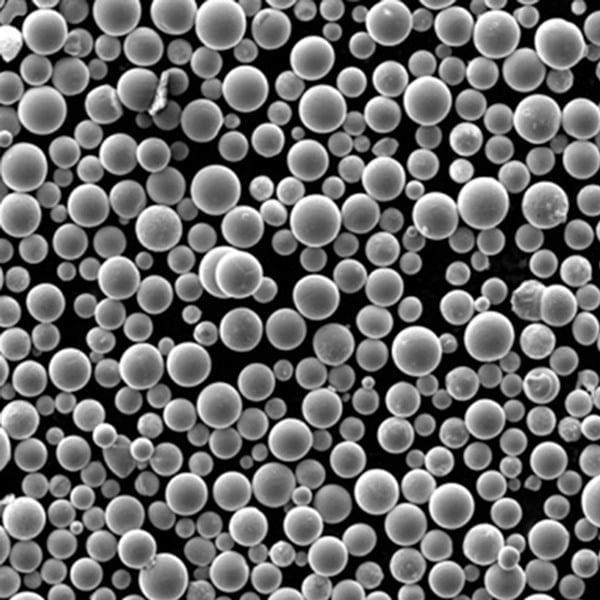
Преимущества и недостатки Лазерная плавка порошка
Like any technology, LPBF has its strengths and weaknesses.
Преимущества:
- Design freedom: Create complex geometries impossible with traditional manufacturing methods.
- Material efficiency: Minimal material waste compared to subtractive manufacturing processes.
- Production flexibility: Quickly produce small batches or single parts.
- Strong and durable parts: High mechanical properties due to the dense microstructure.
Недостатки:
- High equipment cost: LPBF machines can be expensive.
- Powder handling challenges: Metal powders can be hazardous if not handled properly.
- Build time: Producing large parts can be time-consuming.
- Surface finish: May require post-processing for optimal surface quality.
Лазерная плавка порошка: The Future is Bright
LPBF is still a relatively young technology, but its potential is immense. As research and development continue, we can expect to see even more innovative applications emerge. From personalized medicine to sustainable energy solutions, LPBF has the power to shape our future.
О компании 3DP mETAL
Категория продукта
СВЯЖИТЕСЬ С НАМИ
Есть вопросы? Отправьте нам сообщение прямо сейчас! После получения вашего сообщения мы обработаем ваш запрос всей командой.
